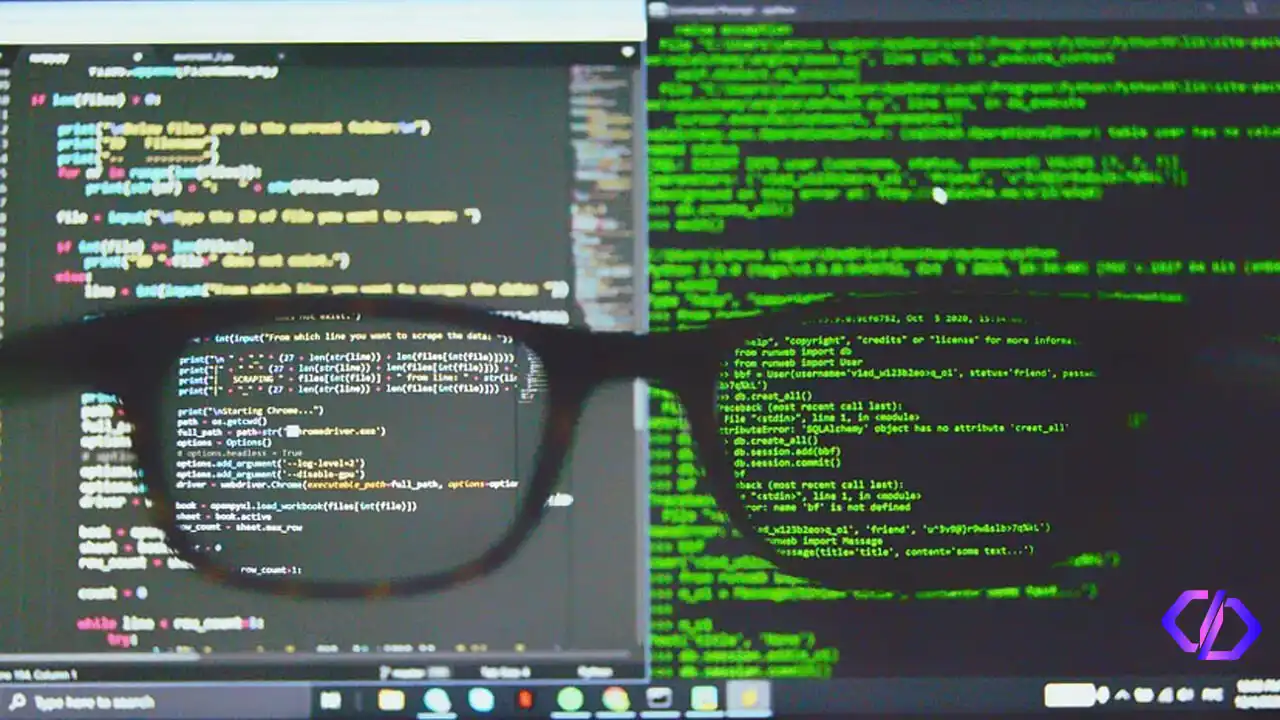
Hey there, fellow game developers! Whether you're just starting or you've been in the industry for years, it's always good to brush up on some key practices that can make your game programming journey smoother and more enjoyable. Let's dive into 10 essential habits that can up your game (pun intended)!
Before you jump into writing code, take some time to plan out your game. This might seem obvious, but you'd be surprised how many developers skip this crucial step.
Sketch out your game mechanics
Create a basic storyline
Design your main characters
Outline the levels or stages
Trust me, version control will save your bacon more times than you can count. Git is a popular choice, but there are others out there too.
Keep track of changes
Collaborate with others easily
Revert to previous versions if needed
Branch out to try new features without messing up your main code
I once lost a whole day's work because I didn't use version control. Learn from my mistake!
Your future self (and any other developers who might work on your project) will thank you for this one.
Use meaningful variable and function names
Keep your functions short and focused
Comment your code (but don't overdo it)
Follow a consistent coding style
Remember, code is read more often than it's written. Make it easy to understand!
Optimization is important, but don't let it slow down your initial development.
Focus on getting your core mechanics working first
Profile your code to find actual bottlenecks
Optimize the parts that need it
Don't sacrifice readability for tiny performance gains
I once spent hours optimizing a function that was only called once per game session. Don't be like me!
Testing should be an ongoing process, not something you do right before release.
Write unit tests for your core functions
Play your game often (and get others to play it too)
Test on different devices and platforms
Don't forget to test edge cases
Finding bugs early makes them much easier to fix.
Playing games isn't just fun, it's research! Pay attention to what works and what doesn't in other games.
Analyze game mechanics you enjoy
Look at how UI is designed in popular games
Think about how you could improve on existing ideas
Keep up with industry trends
Just remember, there's a fine line between inspiration and copying. Stay original!
Design patterns are tried-and-true solutions to common programming problems. They can save you time and headaches.
Learn common patterns like Singleton, Observer, and State
Understand when to use each pattern (and when not to)
Don't force patterns where they don't fit
Create your patterns for game-specific problems
I used to think design patterns were just for "serious" software. Now I use them all the time in game development!
Games need to run smoothly to be enjoyable. Keep performance in mind from the start.
Use efficient data structures and algorithms
Be mindful of memory usage
Optimize your rendering pipeline
Consider using multi-threading for heavy computations
Remember, a beautiful game that runs at 5 FPS isn't much fun for anyone.
Documentation isn't the most exciting part of game development, but it's incredibly useful.
Write clear API documentation
Keep a development log or blog
Document your design decisions
Create user manuals or in-game tutorials
Good documentation can help you onboard new team members, remember why you made certain choices, and even market your game.
Last but not least, remember to take care of yourself!
Take regular breaks
Get enough sleep
Exercise and eat well
Don't forget to have fun!
Burnout is real in game development. Remember, you can't make great games if you're not at your best.
There you have it - 10 practices that can make you a better game programmer. Remember, these aren't rules set in stone. Every developer and every game is different. Use these as guidelines, adapt them to your needs, and most importantly, keep learning and growing. Happy coding, and may your games be bug-free and fun!